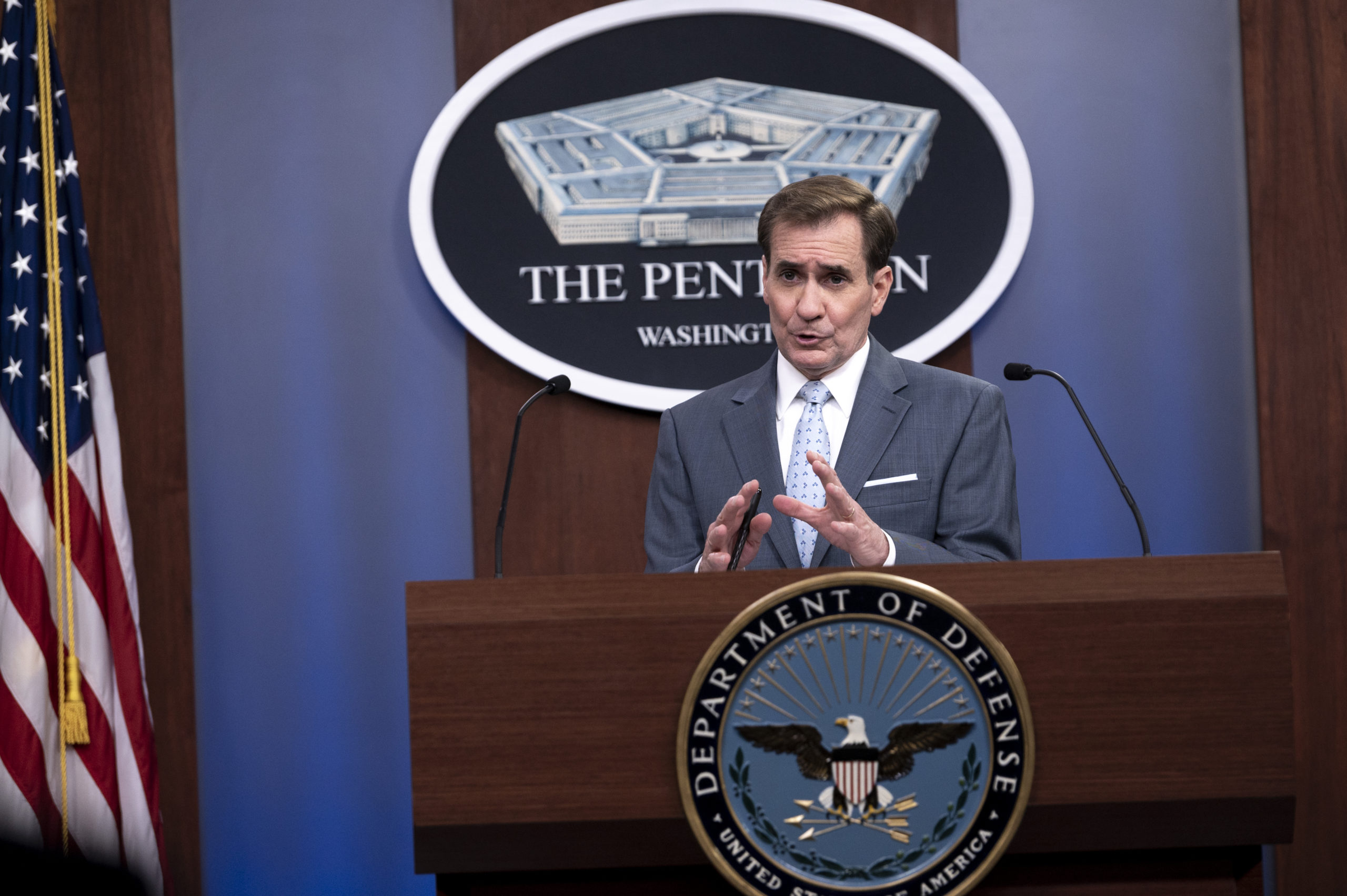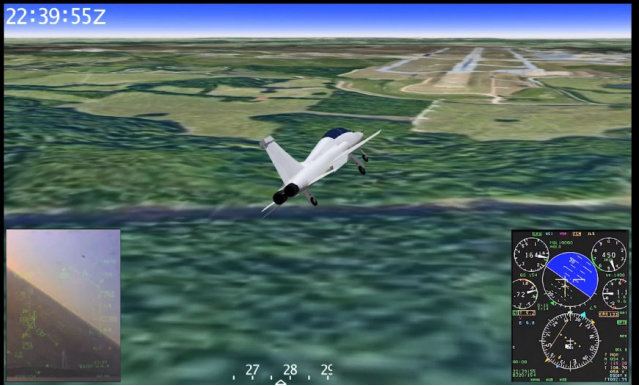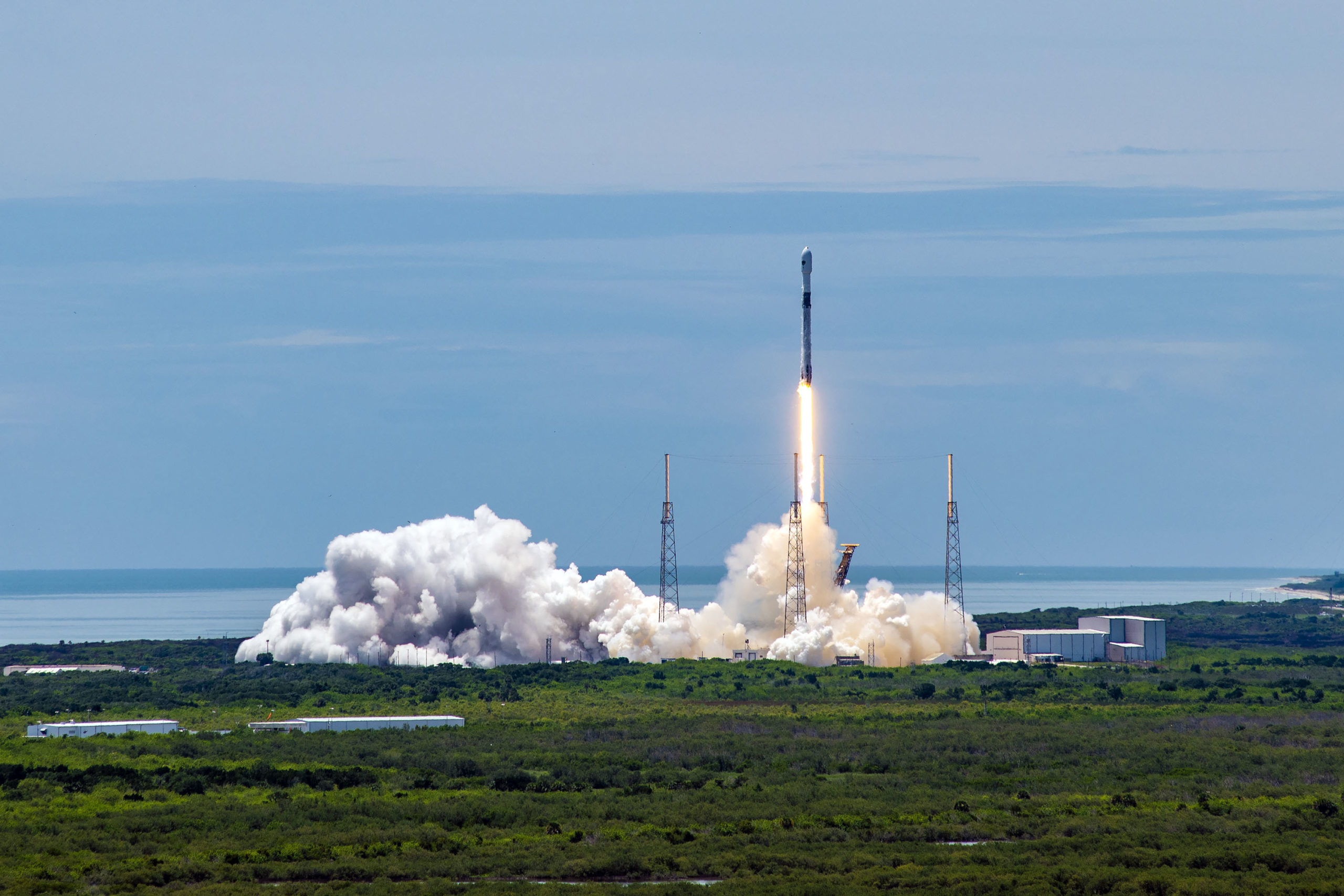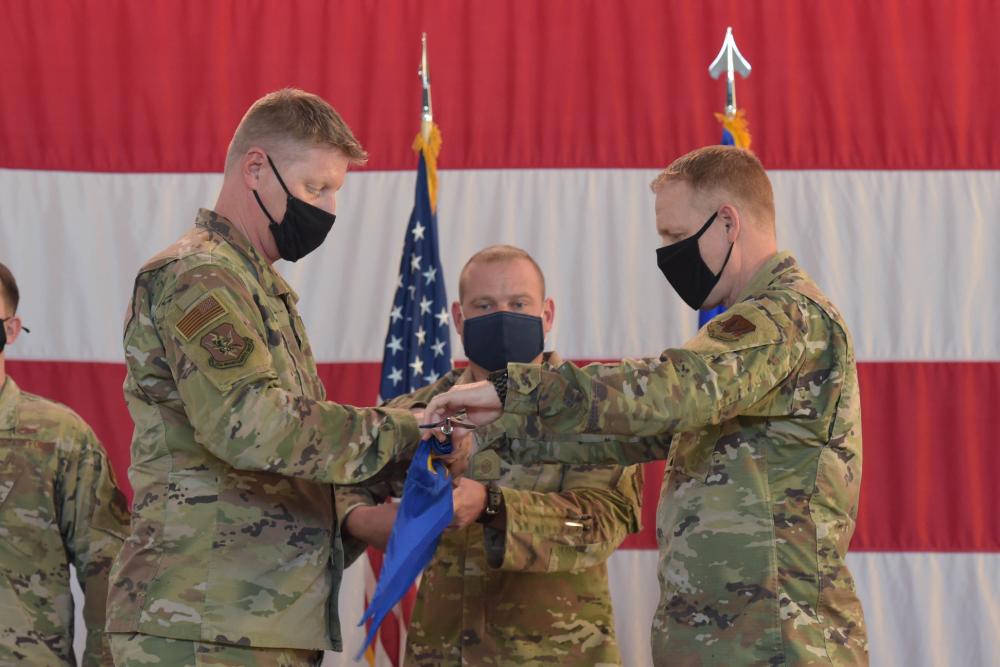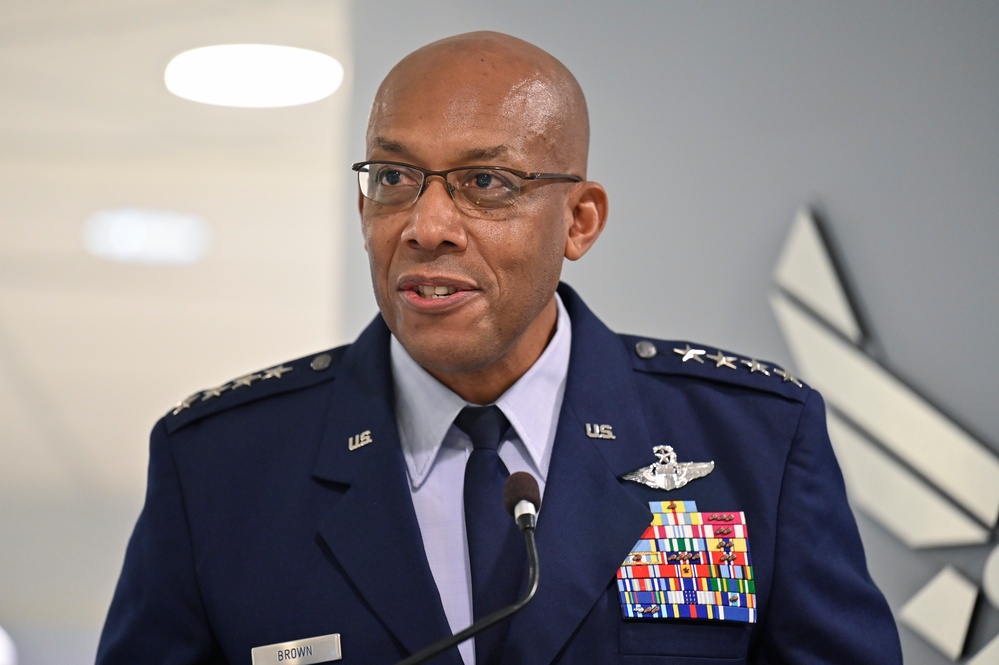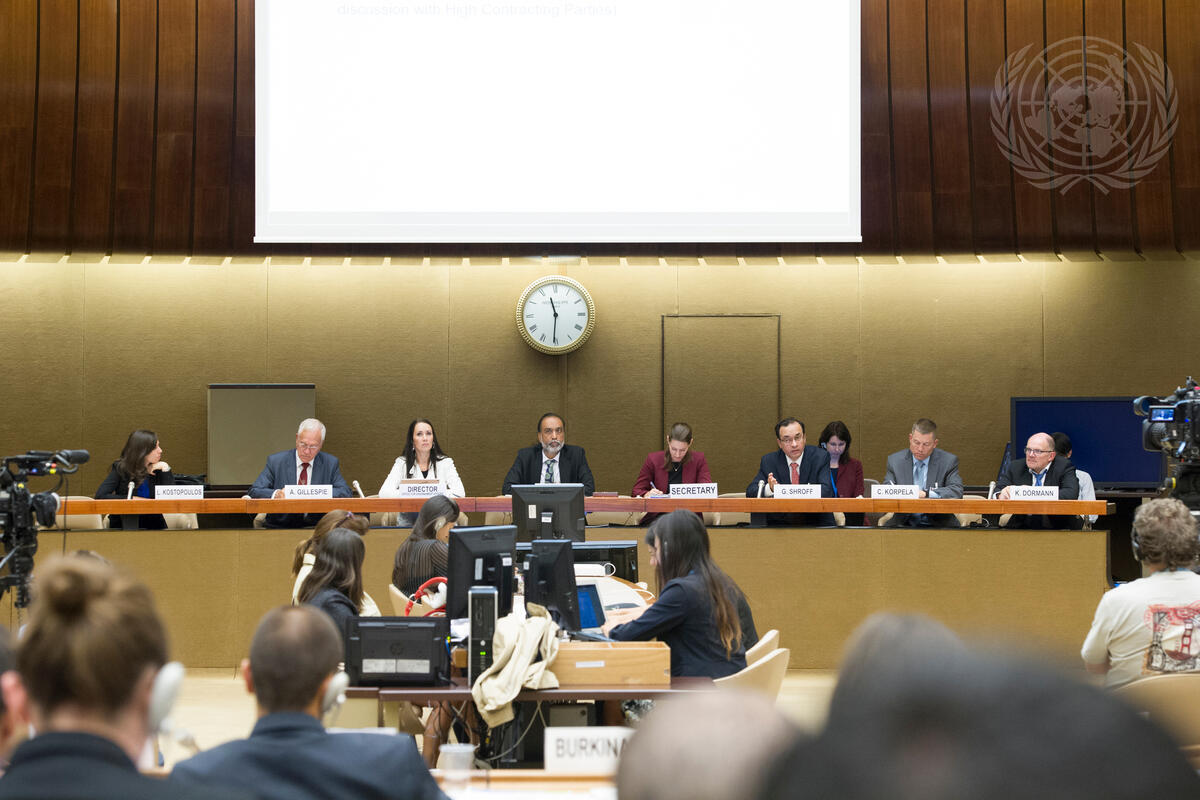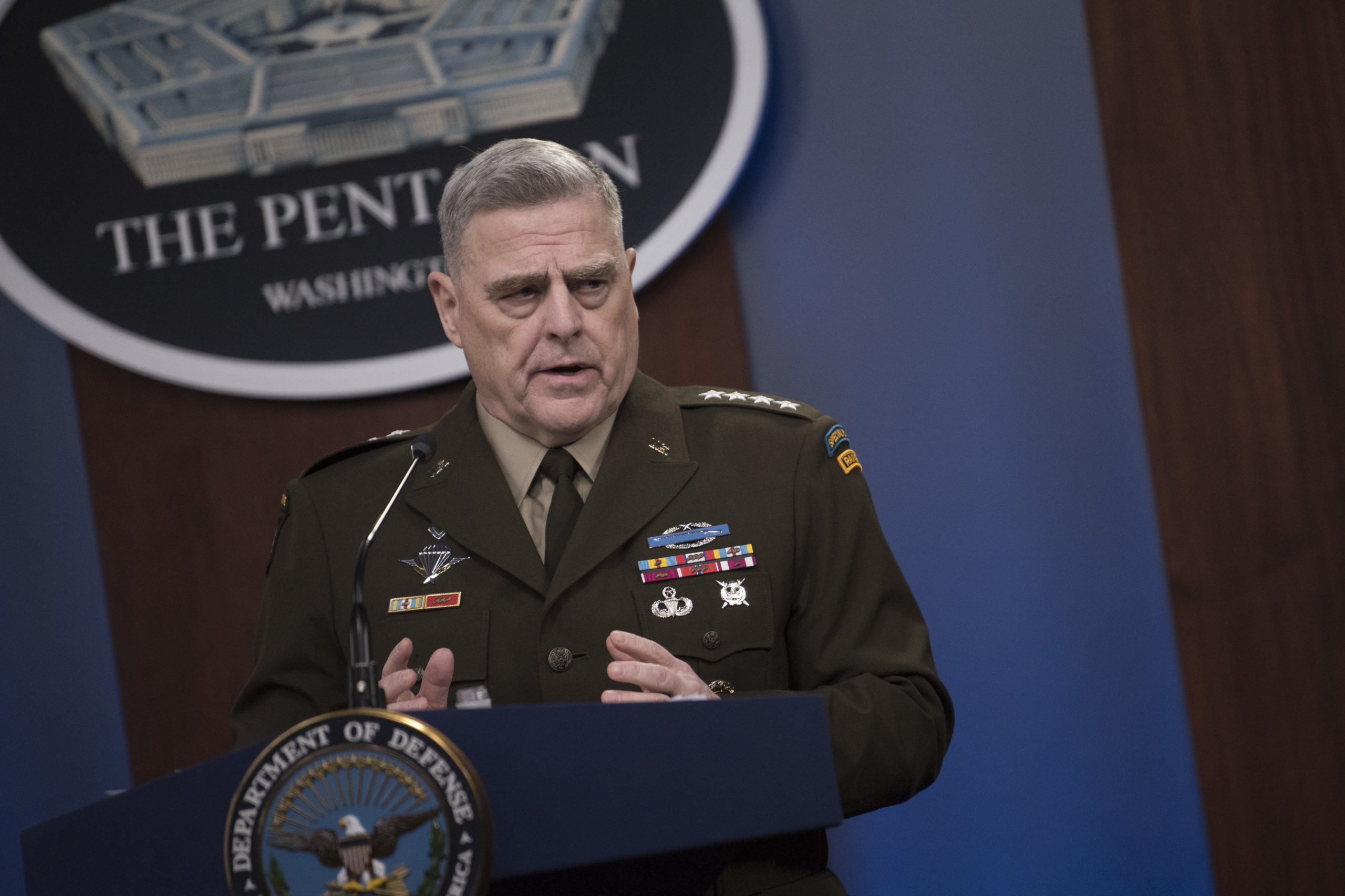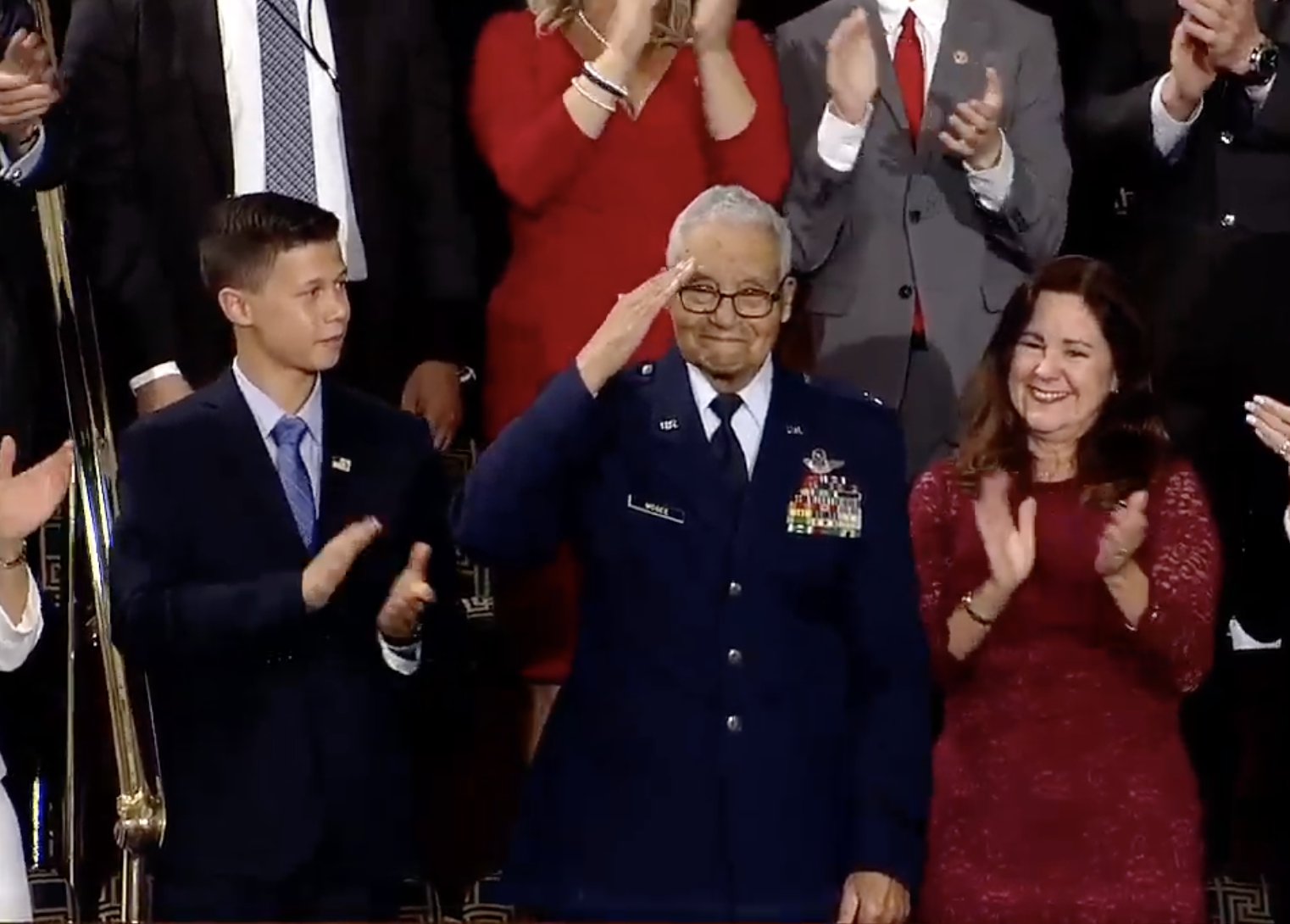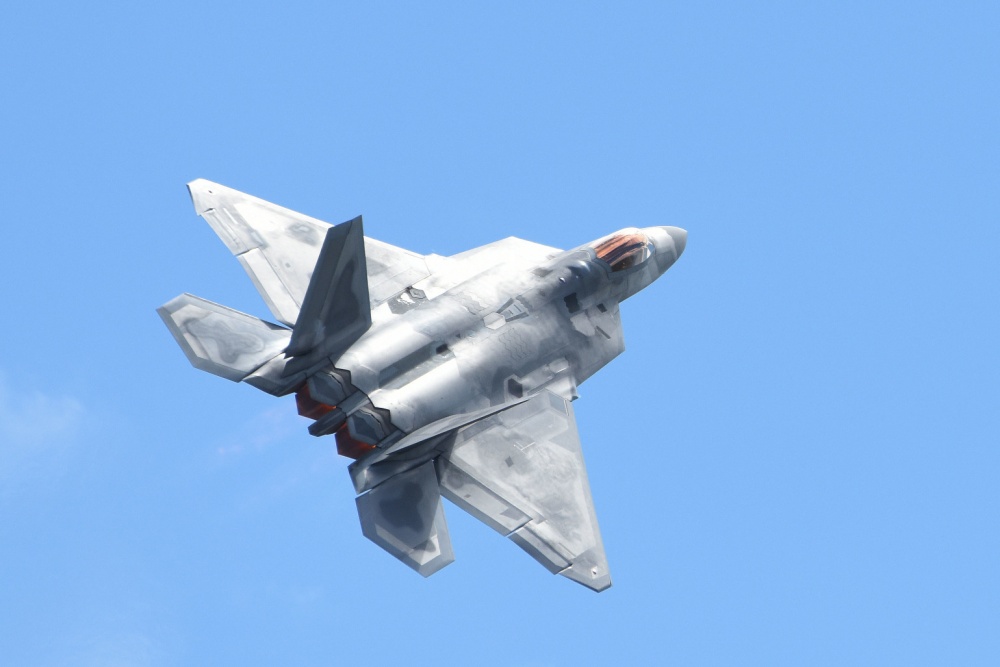Iranian-backed Yemeni Houthi rebels attacked U.S. partner the United Arab Emirates on Jan. 17 with a combination of drone and missile strikes targeting two of the country’s airports and an oil refinery, killing three and setting off multiple explosions in the capital of Abu Dhabi.
Houthis have primarily targeted Saudi Arabia and its oil fields in the past with Iranian-made drone attacks. In a first, the terrorist attack against the UAE injured several foreign nationals in an attempt to discourage support for the Yemeni government, which has been in conflict with the Houthis since 2014.
The Defense Department condemned the attack on the regional partner and promised to seek ways to help the UAE better defend itself.
“The Department of Defense joins me in strongly condemning yesterday’s terrorist attack in Abu Dhabi,” Defense Secretary Lloyd J. Austin III said in a statement Jan. 18.
“We remain committed to the UAE’s security and ability to defend itself and stand united with our Emirati partners in defending against all threats to their territory,” the Secretary added.
In a briefing Jan. 18, Pentagon Press Secretary John F. Kirby went further, underscoring the foreign military sales relationship with the UAE and noting that the U.S. would seek ways to strengthen the partnership.
“We take these attacks on the Emirati seriously,” Kirby said. “We’re going to continue, again, to look for ways to make that defense partnership and their ability to defend themselves stronger and better.”
U.S. foreign military sales to the UAE total $29.3 billion and include the F-35 Joint Strike Fighter and MQ-9B remotely piloted aircraft.
The Air Force relies on the UAE’s Al Dhafra Air Base, where 3,500 U.S. personnel are stationed for regional operations including over-the-horizon efforts in Afghanistan. Al Dhafra also served as a staging point in the August 2021 Afghanistan noncombatant evacuation operation, hosting thousands of Afghan refugees before onward movement to Europe and the United States.
The UAE attacks, dubbed “Operation Hurricane Yemen,” targeted Dubai and Abu Dhabi civilian airports, the Musaffah oil refinery, and other sensitive sites, according to press reports quoting Houthi spokesperson Brig. Gen. Yahya Saree.
The statements, reportedly made on the Houthi-owned Al Masirah TV channel, claims that five ballistic missiles and a large number of drones were used in the operation.
Kirby said the DOD was still assessing the attack and could not rule out whether American personnel were at risk, noting that the “evolving” drone threat has been persistently used by Iranian-backed groups throughout the region to attack Americans.
“Even the best of systems isn’t necessarily going to get every single individual threat,” Kirby said. “In this case, it was the Houthis supported by Iran, but we continue to see in Iraq and Syria, militia groups supported by Iran sort of choose this tactic, this way of conducting attacks using UAVs.”
